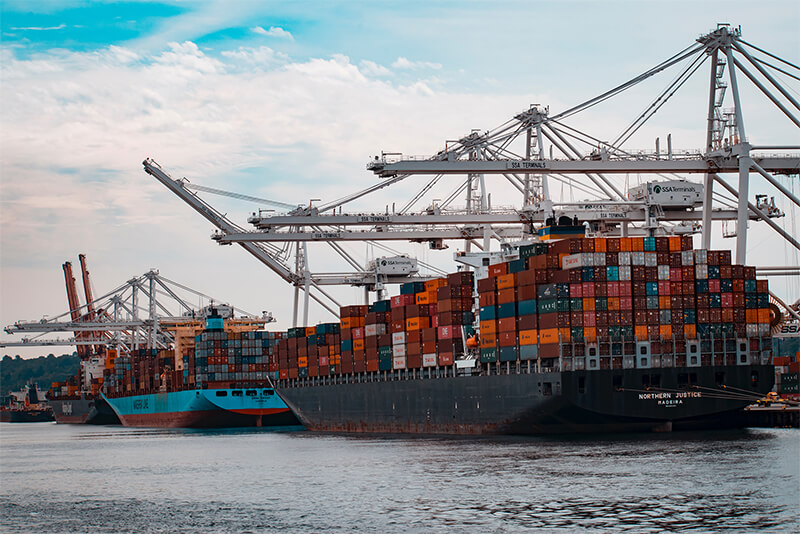In today’s globalized world, the movement of goods across borders has become a fundamental aspect of international trade and commerce. Whether it’s raw materials for manufacturing, finished products for distribution, or perishable goods for consumption, the efficient and reliable transportation of goods is crucial for businesses to thrive. This is where freight forwarding services play a pivotal role.
What is Freight Forwarding?
Freight forwarding is a multifaceted service that involves the coordination and management of the various aspects of shipping goods from one location to another. Freight forwarders act as intermediaries between shippers and carriers, facilitating the entire transportation process. They handle tasks such as documentation, customs clearance, insurance, warehousing, and transportation, ensuring that goods reach their intended destination safely, on time, and in compliance with relevant regulations.
Key Aspects and Benefits of Freight Forwarding Services:
- Expertise and Industry Knowledge: Navigating the complex world of international shipping requires a deep understanding of regulations, customs procedures, and logistical intricacies. Freight forwarders are well-versed in these areas, providing businesses with the expertise needed to avoid costly mistakes and delays.
- Documentation and Compliance: International shipping involves a plethora of documentation, including bills of lading, certificates of origin, customs declarations, and more. Freight forwarders handle these documents with precision, ensuring compliance with the specific requirements of each destination country.
- Customs Clearance: Dealing with customs procedures can be one of the most challenging aspects of international shipping. Freight forwarders have the knowledge and connections to navigate customs regulations smoothly, preventing costly delays and ensuring that goods clear customs without issues.
- Optimized Routing and Carrier Selection: Freight forwarders have a network of relationships with various carriers, including air, sea, rail, and road. They can select the most appropriate and cost-effective mode of transportation for each shipment, optimizing routes and minimizing transit times.
- Risk Management and Insurance: Accidents, natural disasters, and unforeseen circumstances can disrupt supply chains. Freight forwarders offer insurance options to safeguard goods against potential losses, providing businesses with peace of mind.
- Warehousing and Distribution: Many freight forwarders offer warehousing and distribution services, enabling businesses to store their goods in strategic locations and streamline the distribution process.
- Time and Cost Efficiency: Outsourcing the complexities of international shipping to freight forwarders allows businesses to focus on their core competencies. The time and cost savings achieved through efficient logistics can lead to increased competitiveness and profitability.
- Global Reach: Freight forwarders have a global network of partners, agents, and contacts. This expansive reach enables businesses to tap into markets around the world and expand their customer base.
Conclusion:
Freight forwarding shipping or speditionversand services are the unsung heroes of international trade. They provide the crucial link that ensures goods move seamlessly across borders, enabling businesses to access global markets and deliver products to customers worldwide. With their expertise, industry knowledge, and comprehensive range of services, freight forwarders play a vital role in the success of businesses engaged in international commerce. As the global economy continues to evolve, the importance of freight forwarding services is only set to increase, making them an indispensable partner for businesses navigating the complexities of the modern supply chain.





